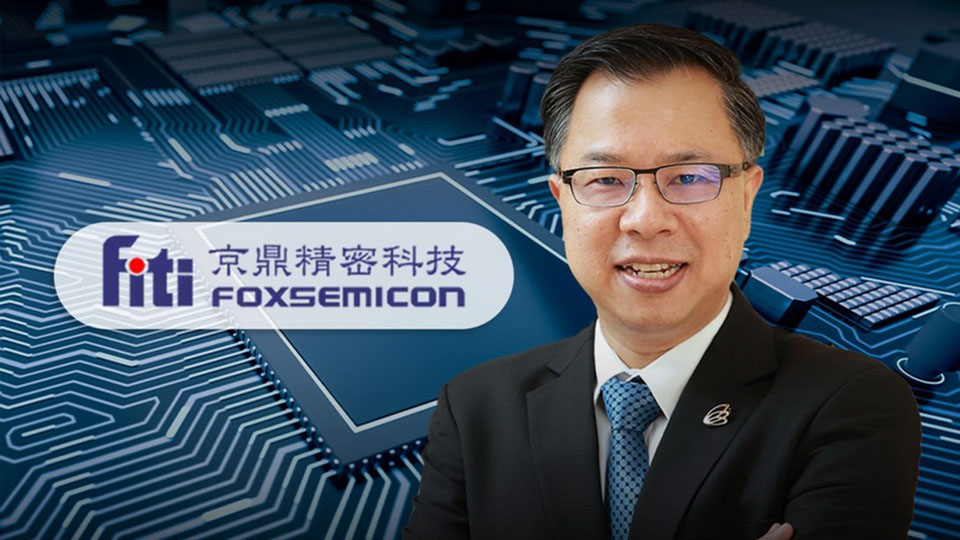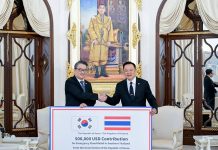
BANGKOK, Thailand – The Board of Investment (BOI) has approved an investment by Foxsemicon Integrated Technology Inc. (FITI), Dec 11, a leading upstream semiconductor equipment and module manufacturer from Taiwan. Operating under the name Unique Integrated Technology Co., Ltd., the company plans to invest over 10 billion baht to set up its fourth global production facility in Thailand, following plants in China, Taiwan, and the United States.
Narit Therdsteerasukdi, Secretary-General of the BOI, announced that this project aligns with the Thai government’s policy to position Thailand as a key manufacturing hub for the semiconductor industry. The initiative is part of a broader strategy spearheaded by the National Board for Advanced Semiconductor and Electronics Policy, chaired by the Prime Minister.
The initial phase of the project, valued at 10.5 billion baht, will involve constructing two facilities in Amata City Industrial Estates in Chonburi and Rayong. These factories will produce high-precision equipment and modules for wafer fabrication machines, critical to upstream semiconductor production. The Thai plants are expected to employ over 1,400 local workers and generate export revenues exceeding 6 billion baht annually. In the initial stage, more than 25% of raw materials will be sourced locally, with the proportion set to increase in the future.
Foxsemicon, a subsidiary of Foxconn, is renowned for its advanced technology and integrated manufacturing capabilities, combining mechanical, electrical, and automation systems. This marks the first large-scale production of high-tech semiconductor equipment in Thailand.
The investment underscores Thailand’s potential as a hub for high-tech industries. With prior investments from semiconductor leaders like Analog Devices (IC design and wafer testing) and Hana (upstream chip production), this development signals growing investor confidence.
The establishment of the National Semiconductor Board is expected to further accelerate investments, define a clear roadmap, and implement measures to develop talent and optimize the ecosystem.
“This project solidifies Thailand’s position as a leading base for advanced semiconductor manufacturing,” said Naruecha. “The sector will play a crucial role in driving innovation across key industries, including electric vehicles, electronics, telecommunications, automation, and medical devices.” (TNA)










